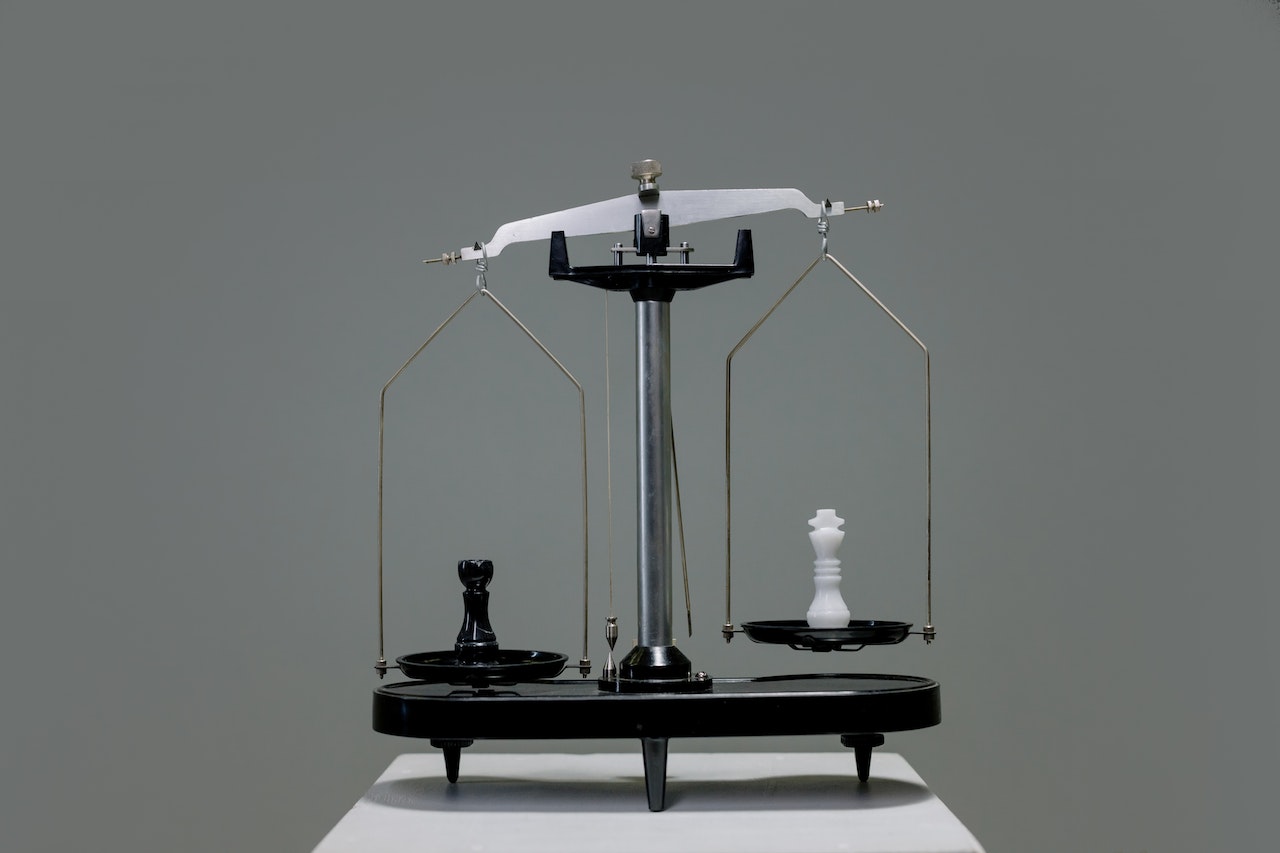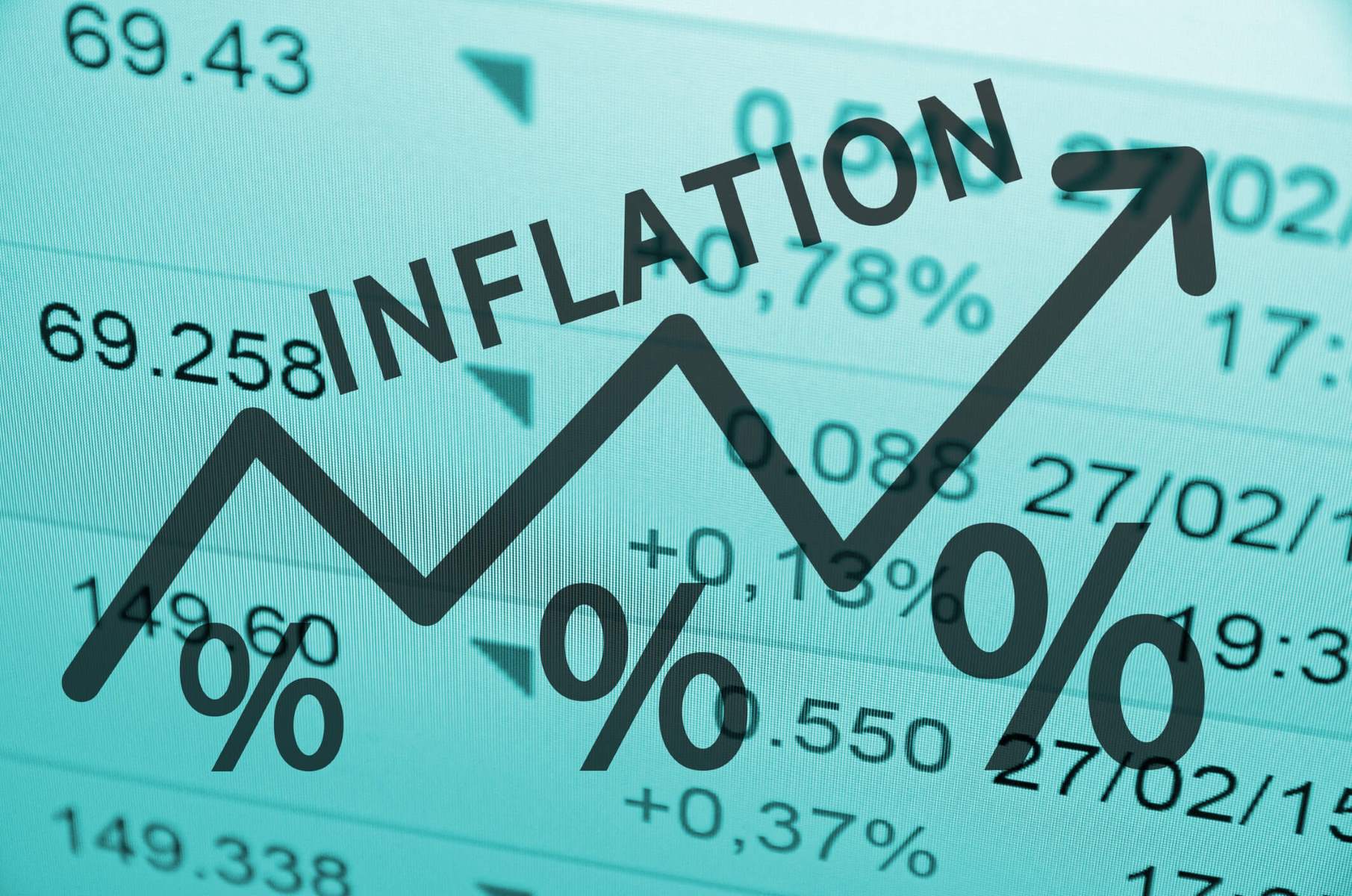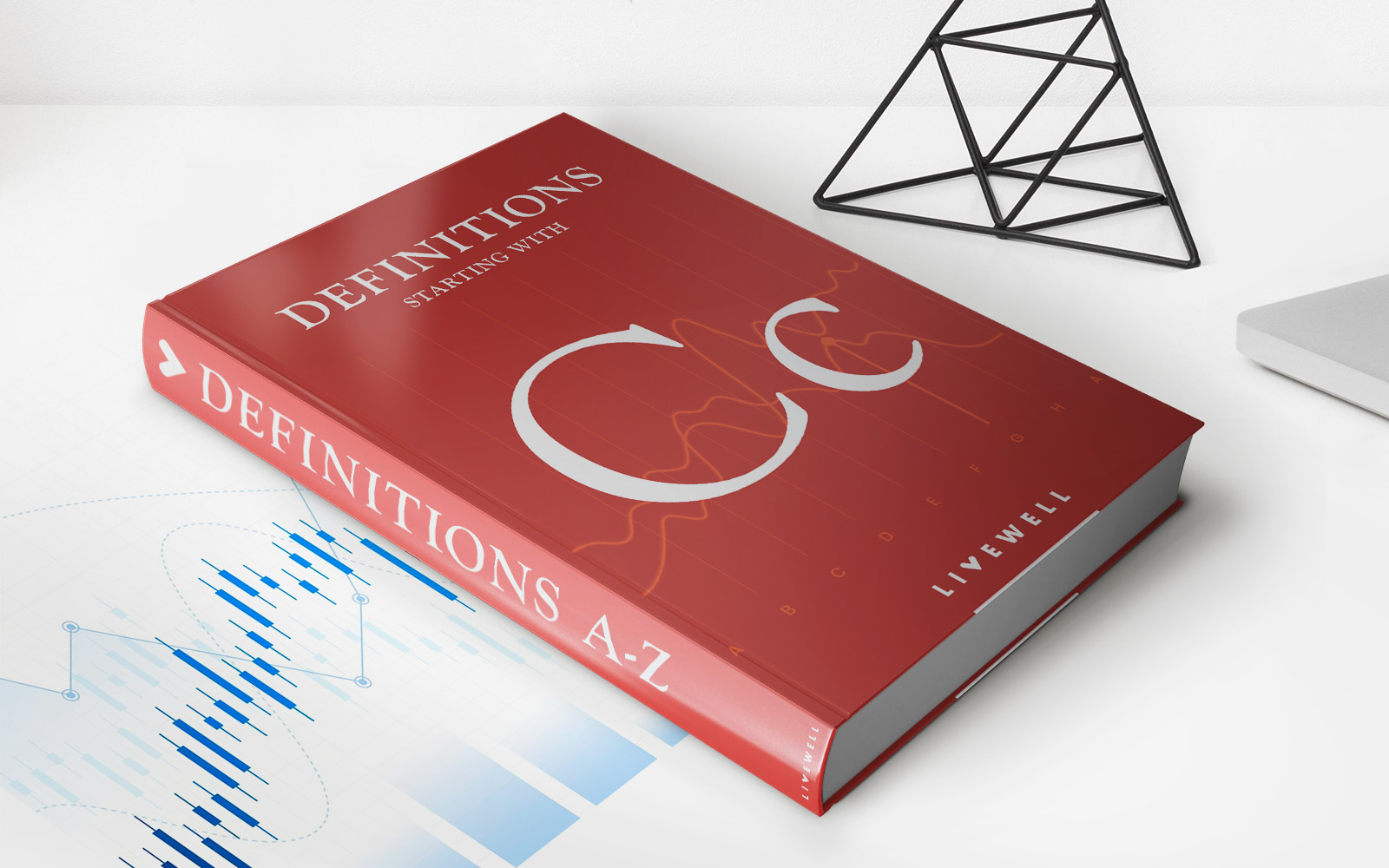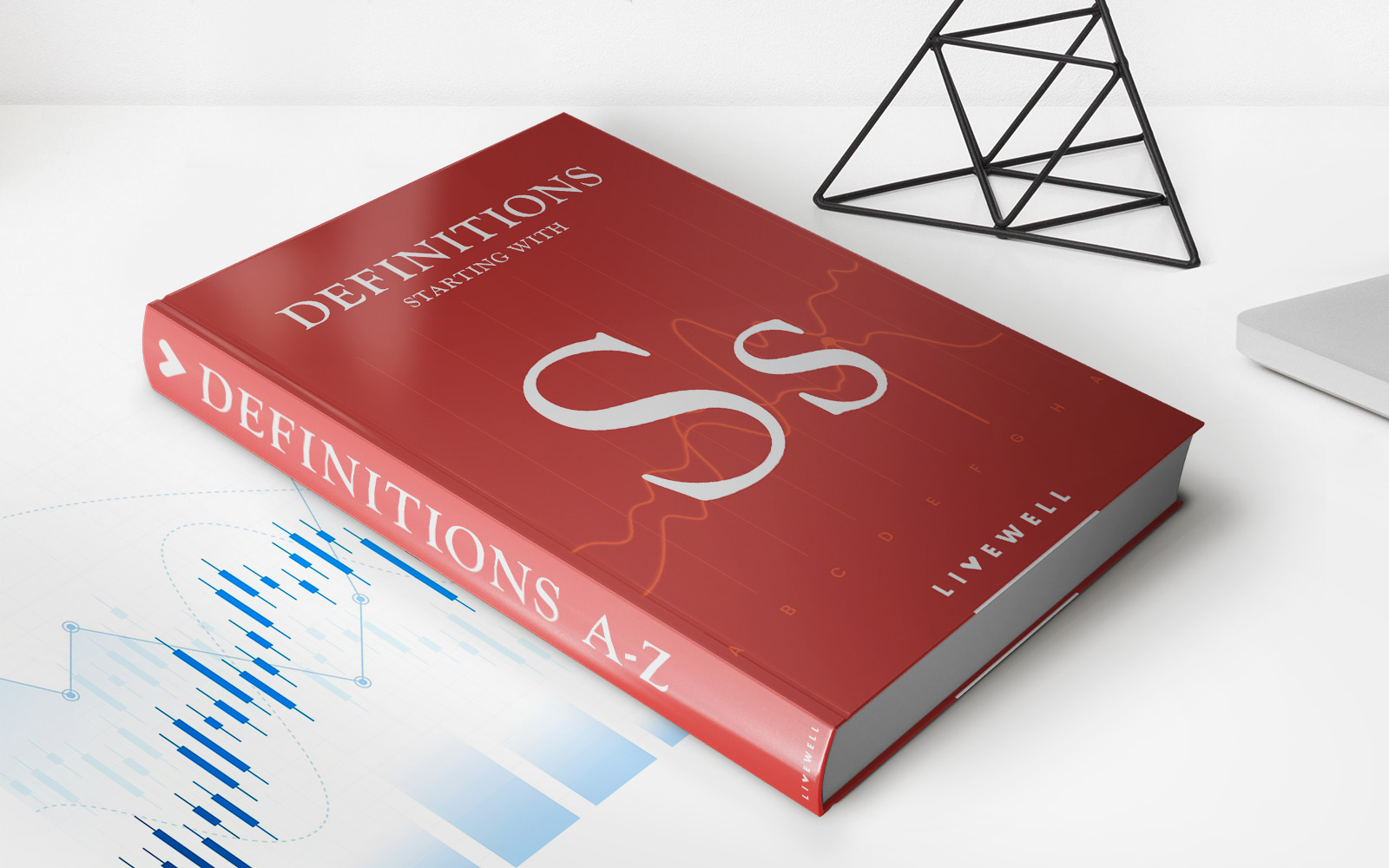Home>Finance>Which Function Of Money Is Directly Affected By Inflation?
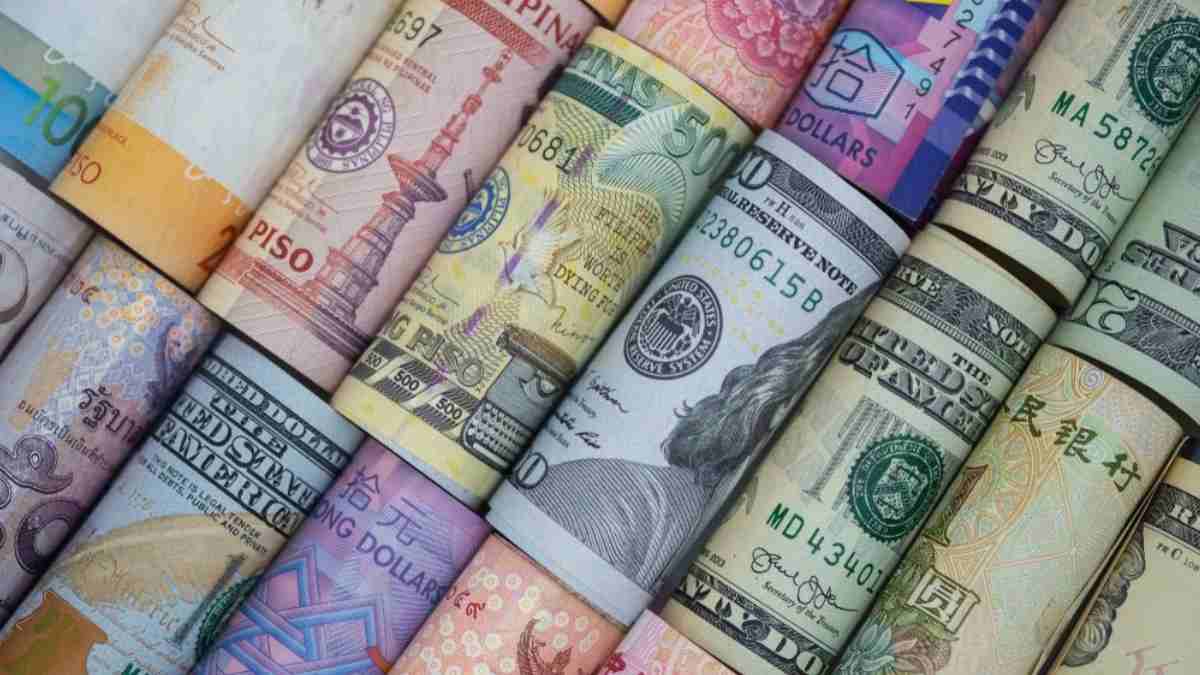

Finance
Which Function Of Money Is Directly Affected By Inflation?
Published: October 19, 2023
Learn how inflation can directly impact the finance function of money, and explore the effects it has on financial stability and purchasing power.
(Many of the links in this article redirect to a specific reviewed product. Your purchase of these products through affiliate links helps to generate commission for LiveWell, at no extra cost. Learn more)
Table of Contents
Introduction
Inflation is a term that is commonly associated with the world of finance. It is a phenomenon that affects economies around the globe, influencing various aspects of our lives, including the value of money. Understanding the impact of inflation is crucial for individuals, businesses, and governments to make informed financial decisions.
But what exactly is inflation? In simple terms, inflation refers to the sustained increase in the general price level of goods and services in an economy over a period of time. As the price of goods and services rises, the purchasing power of money decreases. This erosion of purchasing power can have several implications for the economy and individuals.
Money, as a medium of exchange, serves several functions in an economy. These functions include being a unit of account, a store of value, and a medium of deferred payments. However, not all functions of money are directly affected by inflation. In this article, we will explore which specific function of money is directly influenced by inflation.
Understanding the link between inflation and the function of money can provide insights into the impact of rising prices on our daily lives and the broader economy. So, let’s delve into the functions of money and ascertain the one that is most directly affected by inflation.
Definition of Inflation
Inflation is a complex economic concept that is defined as the sustained increase in the general price level of goods and services in an economy over a period of time.
When inflation occurs, the purchasing power of money decreases, leading to a decrease in the value of currency. This means that you need more money to buy the same amount of goods and services than before.
Inflation is often measured using the consumer price index (CPI), which tracks the changes in the prices of a basket of goods and services commonly purchased by consumers. The CPI serves as an indicator of the overall inflation rate in an economy.
Inflation can be caused by various factors, including:
- Increases in the cost of production, such as wages or raw materials
- Changes in demand and supply dynamics
- Changes in government policies, such as monetary policy
There are different types of inflation, including:
- Demand-pull inflation: This occurs when there is excess demand for goods and services, leading to an increase in prices.
- Cost-push inflation: This type of inflation occurs when there is an increase in the cost of production, such as higher wages or increased raw material prices, which leads to higher prices for goods and services.
- Hyperinflation: This is an extreme form of inflation where prices rise at an extremely rapid rate. Hyperinflation can have severe economic consequences.
It is important to note that a certain level of inflation is considered normal in most economies. Central banks and governments aim to maintain a stable inflation rate to ensure a healthy and functioning economy. However, high levels of inflation can have adverse effects on the economy and individuals’ purchasing power.
Functions of Money
Money serves several functions in an economy, which are essential for facilitating trade, economic transactions, and overall economic stability. These functions of money are:
- Medium of Exchange: Money acts as a medium of exchange, enabling the smooth and efficient transfer of goods and services between buyers and sellers. Instead of the cumbersome process of bartering, where goods are exchanged for other goods, money simplifies transactions and facilitates economic activity.
- Unit of Account: Money serves as a standard unit of measurement for valuing goods, services, and assets. It provides a common denominator that allows for easy comparison and calculation of prices, making it easier to determine the relative value of different goods and services.
- Store of Value: Money serves as a store of value, allowing individuals and businesses to hold onto it for future use. It acts as a repository of economic wealth that can be saved and accumulated over time, providing a means of preserving purchasing power and facilitating economic stability.
- Medium of Deferred Payments: Money allows for deferred payments, enabling individuals and businesses to borrow and lend money over time. It facilitates credit and debt transactions, enabling the financing of investments, purchases, and other economic activities.
- Standard of Deferred Payment: Money also serves as a standard of deferred payment, providing a means for individuals and businesses to settle debts and financial obligations. It ensures the transfer of value over time and allows for the discharge of contractual obligations.
These functions of money are vital for the functioning of an economy, as they provide the foundation for economic transactions, investment, and overall economic growth.
Function of Money Affected by Inflation
Among the various functions of money, the one that is most directly affected by inflation is the function of money as a store of value. Inflation erodes the purchasing power of money over time, diminishing its ability to retain its value.
When inflation occurs, the general price level of goods and services rises. As a result, the same amount of money can buy fewer goods and services than before. This means that the value of money decreases, and individuals are effectively losing purchasing power.
For example, let’s say you have $100 savings and the inflation rate is 5%. In a year’s time, your $100 will not have the same buying power as it did initially. The prices of goods and services would have increased, and you may find that your savings can no longer buy as much as they could before.
Inflation affects the function of money as a store of value in several ways:
- Erosion of purchasing power: Inflation erodes the purchasing power of money, as the value of the currency decreases over time. This means that the savings and investments individuals hold in cash or other low-interest-bearing accounts may lose value in real terms.
- Increased need for investments: To combat the effects of inflation and preserve the value of their money, individuals often turn to investments that have the potential to generate returns higher than the rate of inflation. By investing in assets such as stocks, bonds, real estate, or commodities, individuals aim to outpace inflation and protect their wealth.
- Impact on retirement savings: Inflation can have a significant impact on retirement savings. Over the long term, inflation can erode the value of pension funds and other retirement savings accounts, potentially leaving individuals with less purchasing power during their retirement years.
It is important for individuals to consider the impact of inflation on their financial planning and take steps to mitigate its effects. This may involve investing in assets that can preserve and grow wealth over time, exploring inflation-protected securities, and seeking professional financial advice.
Overall, while money serves various functions in an economy, inflation primarily affects its function as a store of value. By understanding the impact of inflation on the value of money, individuals can make informed financial decisions to protect and grow their wealth.
Conclusion
Inflation is a fundamental concept in the world of finance, and it has a direct impact on the various functions of money in an economy. While money serves as a medium of exchange, a unit of account, and a medium of deferred payments, its function as a store of value is the one most affected by inflation.
When inflation occurs, the purchasing power of money decreases over time. The rising prices of goods and services erode the value of money, making it necessary for individuals to spend more to maintain the same standard of living. This erosion of purchasing power has implications for savings, investments, and retirement planning.
To combat the effects of inflation, individuals often turn to investments that have the potential to outpace inflation and preserve their wealth. By understanding the relationship between inflation and the function of money, individuals can make informed financial decisions to protect their assets and mitigate the impact of rising prices.
It is important for individuals to monitor and track inflation rates, as well as seek professional financial advice to devise strategies aimed at preserving and growing their wealth. By staying informed and proactive, individuals can navigate the challenges posed by inflation and ensure their financial well-being in an ever-changing economic landscape.
In conclusion, while inflation affects multiple aspects of our lives, including the value of money, understanding its impact on the function of money allows us to make informed decisions and strive for long-term financial stability.


